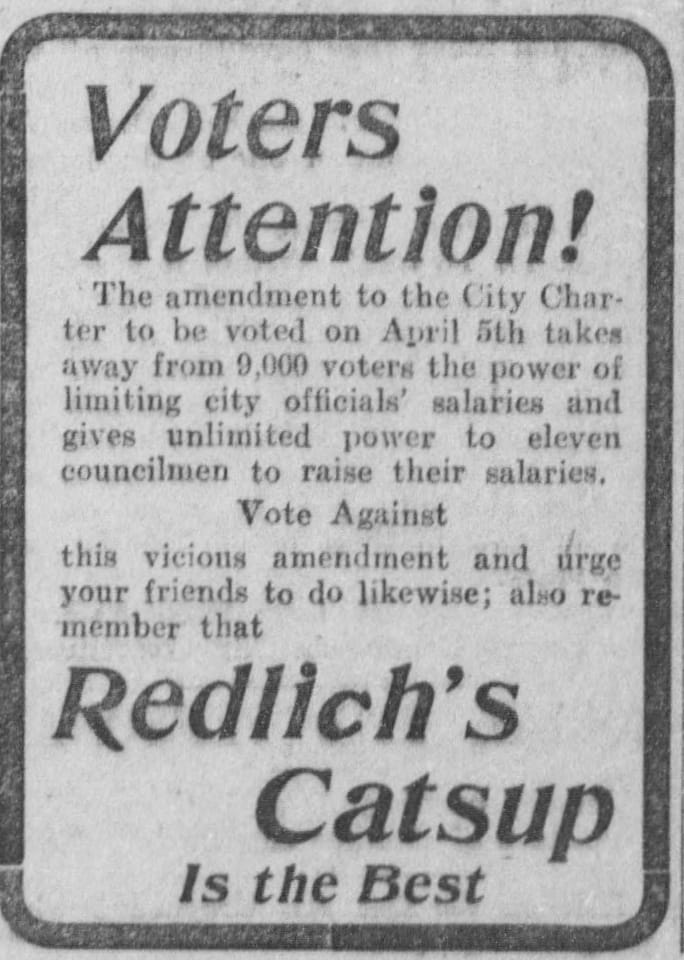Decoding Those Political Ads

One chilly autumn evening, as I watched the Phillies kiss another win farewell, a political ad caught my eye.
A young candidate in flannel was talking to a group of weather-worn fisherman on a pier. A real tough-guy voiceover promised that this candidate would hold so and so accountable, would stop such and such from happening, would strong arm where the incumbent was weak-kneed.
It is a truth as old as time that fresh-faced challengers will tell us about all the things they'll do better, faster, stronger than the sitting politician. But here's a little secret:
They usually can't.
Not because they don't want to. But legislatures are seniority-loving institutions; the longer you've been in office, the more power you have. The less time you've been in office, the less power you have – to hold so and so accountable, stop such and such, strong arm anyone. Rookie politicians rarely have the heft to make serious change.
Hillary Clinton is an instructive example. When the former First Lady was elected to the Senate in 2000, she got one of the least desirable offices, deferred to more senior Senators (which earned her high marks from them), didn't move any major bills, and spent time demonstrating to her colleagues - whom she would eventually need to get stuff done - that she was a workhorse not a show pony.
The sitting politician, also known as the incumbent, will almost always be better positioned to get stuff done than the challenger because the incumbent has more seniority, even if only by a few years. Should the incumbent lose, whomever takes their seat will be last in line to get their calls returned, bills passed, priorities funded.
It's not a stretch to say that political ads from both parties take advantage of viewers not knowing how policy is made, how legislatures work. But when we have a bit more intel on our side, we can start separating fact from fiction.
A few more political ads cycled through before the Phillies came back on. One or two were of the black-and-white, ominous narrative vintage: "We will go to RUIN if this politician gets elected." But that autumn evening, most were making those chest-pumping promises they couldn't keep.
After all, rare is the truthful ad that proclaims: "I will patiently wait my turn for you! I will pay my dues, earn my stripes, be chopped liver until a more junior politician is elected that I can be senior to! And then, then I will start delivering incremental change for you!"
